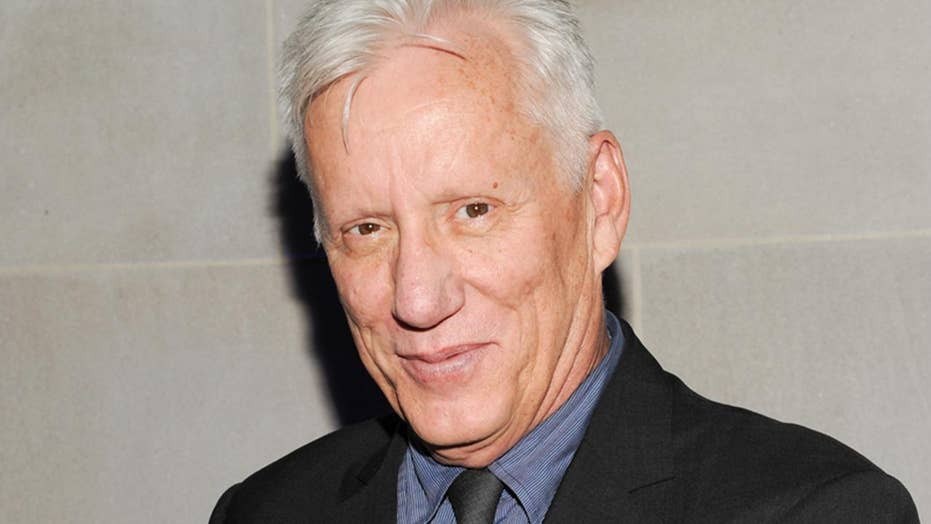There’s evidence popping up everywhere that New Zealand Rugby’s (NZR) high-performance system is underperforming, certainly not delivering the success it once did. The one bright spot is the Olympic champion Black Ferns Sevens, but otherwise there is a clear picture of regression: of teams that once ruled the world now operating just above the margin of mediocrity. The New Zealand Under-20s finished third in this year’s World Junior Championship; the All Blacks Sevens were dumped out in the Olympic quarter-finals, the Black Ferns were beaten at Twickenham last weekend and the All Blacks are no chance of winning the Rugby Championship and sitting on a 57% win ratio this year.
New Zealand once turned the rugby map black in the way Britain turned everything red back in the days of empire. But these days there is little remanence of either having been imperious, and perhaps the greatest symbol of the former’s decline and what caused it will be visible this Saturday in Sydney when Joe Schmidt takes his seat in the Wallabies coaching box.
A year ago, Schmidt was in the All Blacks box, plotting the downfall of the Wallabies as a critical part of Ian Foster’s coaching team having come into the group as an assistant in 2022. But as much as he’s a proud Kiwi and was entirely committed to his previous role of taking the national team back to the top of the world game, his mind was made up in mid-2022 that his post-2023 future lay anywhere other than New Zealand.
It took Foster the better part of two years to persuade Schmidt to join his team, and NZR barely six weeks to make him want to work anywhere other than his home country once his contract finished. Some will argue, given Schmidt’s World Cup record when he was coach of Ireland between 2013 and 2019, and the Wallabies’ recent hammering by the Pumas, that his defection is fulfilling Sir Robert Muldoon’s quip of lifting the average rugby IQ of both countries.
But using that data set to assess Schmidt’s coaching ability is so narrow as to be flawed, as Ireland were elevated from the game’s nearly men to rugby’s most consistent performers on his watch, and he twice coached a team to victories against the All Blacks after all his predecessors had failed to enjoy even one in the previous 111 years of trying. His arrival at the All Blacks also coincided with a vast improvement in performances and results, and player testimony was consistent and considerable that Schmidt’s astute rugby brain and attention to microscopic detail was both critical and inspirational.
Schmidt, by any reasonable assessment, is a world-class coach with enormous and relevant international experience, but in proving that his move to Australia represents a systemic failure in leadership and strategic planning, there is no need to debate or establish his credentials. This is not a story about intellectual property loss, but instead one of disconnected and disjointed thinking at the highest levels of the game in New Zealand, and a microcosm that explains the macrocosm of what is now chronic underperformance across the high-performance landscape.
NZR's Lack of Strategic Direction
What Schmidt’s new role illustrates is the lack of strategic direction that was being pursued by the executive, and the weakness and volatility of NZR’s board to oversee and approve decision-making that made no sense and contradicted itself. Schmidt, having started a role as technical director with the All Blacks in July 2022, was asked by the NZR board to meet with Scott Robertson in August of that year.
Robertson had been sounded out to take over from Foster, and after he presented the coaching team he would put in place to begin work once the team got back from South Africa where they were playing two Rugby Championship tests, the board felt it lacked international experience – and particularly someone with deep knowledge of Northern Hemisphere sides who the All Blacks would likely meet at the World Cup. Schmidt was asked to meet with Robertson to see if there was any prospect of the two working together to give the All Blacks coaching group that older, more experienced person the board felt they were missing.
It was a negative on working with Robertson, the All Blacks unexpectedly won their second test against the Springboks and Schmidt agreed to a revamped role as part of Foster’s team and the board signed off on retaining the incumbent. The whole process was enough for Schmidt, who was unwittingly cast in the role of kingmaker, to lose faith and confidence in NZR’s leadership, governance and high-performance management.
There was no vision, no certainty, a failure to realise loyalties were being tested, and no sense at all that the executive were operating to a plan, the implementation of which was being carefully scrutinised by the board. How could one assistant coach and one victory have such a profound impact on determining who should or shouldn’t have the All Blacks coaching job?
The NZR's Inconsistent Approach
And as a final piece of evidence to clarify NZR’s ad hoc approach to high-performance appointments, six months after Robertson was told his proposed coaching group lacked international experience, he was given the All Blacks job with the same group. The whole sorry business of losing Schmidt is shameful enough as it is, but quite significant injury could yet be added to insult if the Wallabies do the unthinkable and win in Sydney.
The Unthinkable Loss
For live commentary of All Blacks v Australia, join Elliott Smith on Newstalk ZB, Gold Sport and iHeartRadio. Reminder, this is a Premium article and requires a subscription to read. OPINION: Three hefty front-rowers will cause Australia serious issues.
The Wallabies are a formidable opponent, and their recent performances have been steadily improving under Schmidt's guidance. However, the All Blacks, despite their recent struggles, still possess the potential to overcome Australia on their home turf. The outcome of this match could have far-reaching consequences for both teams and their respective rugby unions. It is a battle that will be watched with keen interest by rugby enthusiasts worldwide.


















